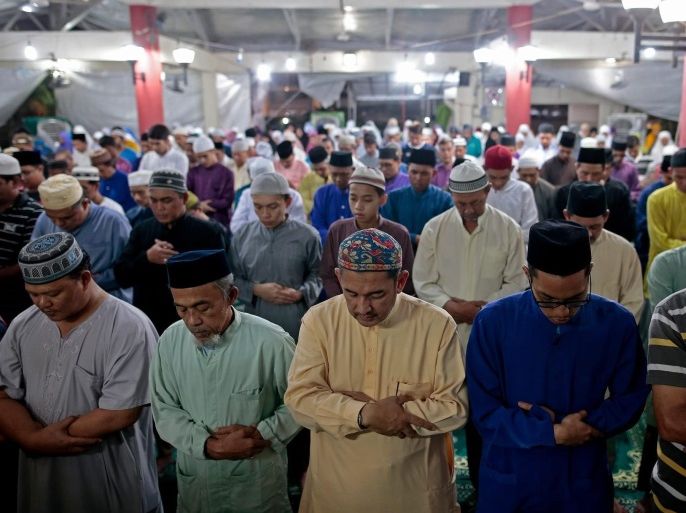الجبل لا يكون جبلًا إلا حينما تكون أصوله وجذوره ممتدة في أعماق الأرض، وكلما كانت أعمق ازداد ثباتًا، وكذلك المسلم إذا كان إيمانه ثابتًا وعقيدته راسخة.

الجبل لا يكون جبلًا إلا حينما تكون أصوله وجذوره ممتدة في أعماق الأرض، وكلما كانت أعمق ازداد ثباتًا، وكذلك المسلم إذا كان إيمانه ثابتًا وعقيدته راسخة.
